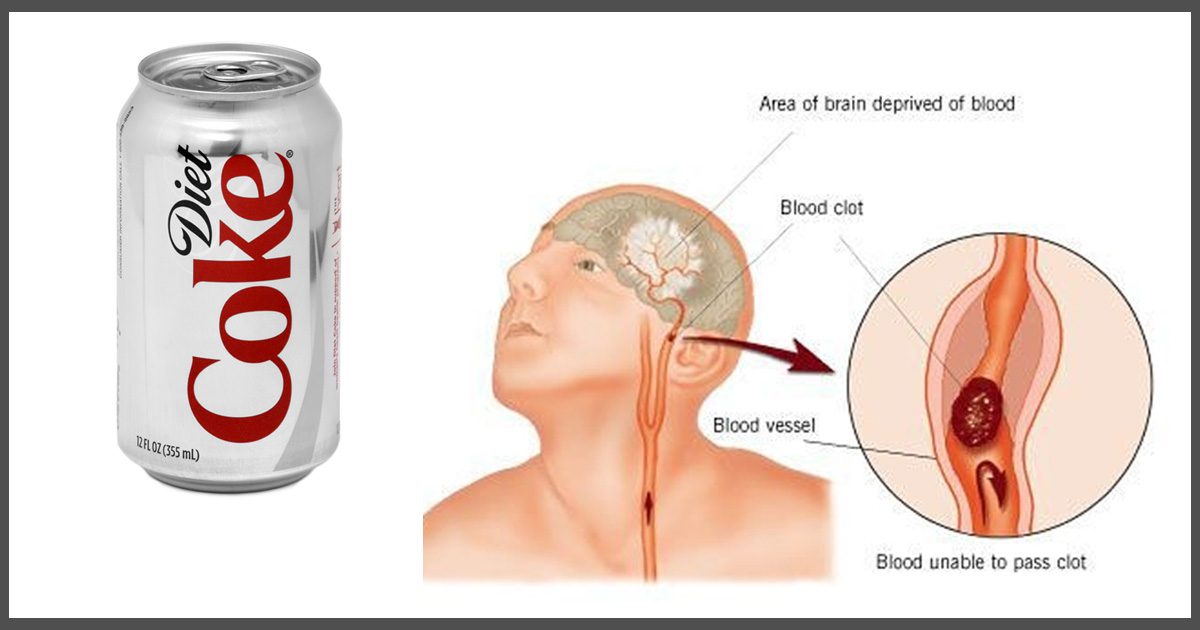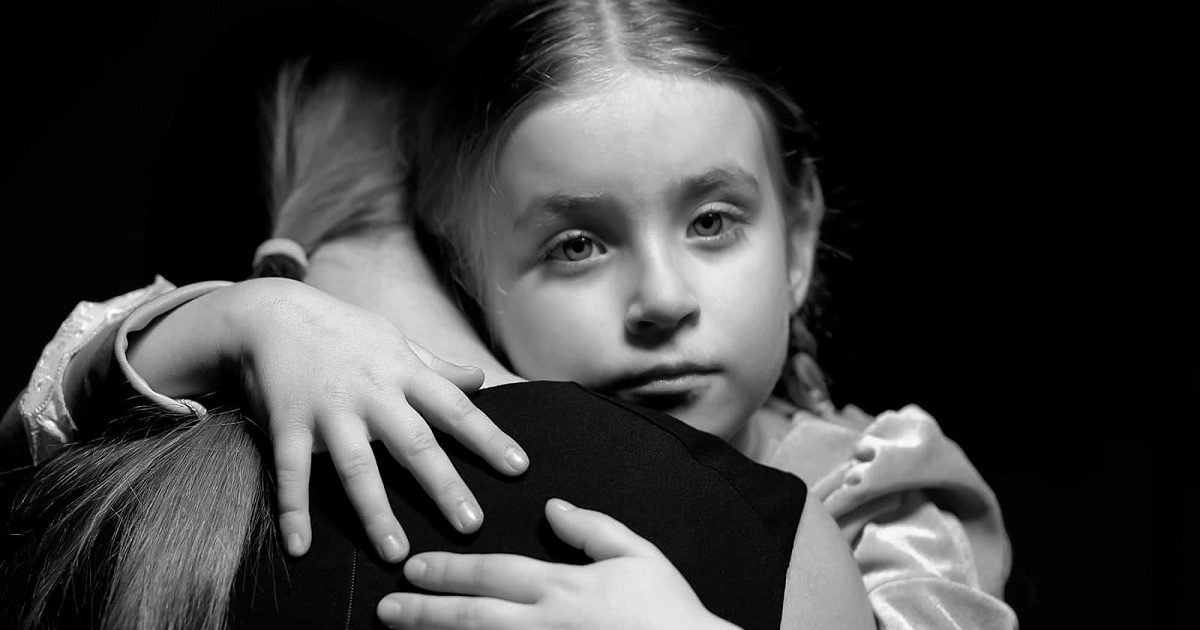The National Sleep Foundation has created a list noting the number of hours by age, that people should sleep. If your body does not get the amount of sleep it needs, the result is physical exhaustion. This can cause a myriad of problems, such as not thinking clearly, inability to concentrate, make good decisions and weight loss.
Sleeping problems can also lead to even more severe health issues. For example, sleeping less than five hours a night raises the chance of heart disease. If you sleep less than seven hours, you can develop diabetes, become obese or even have weight loss. It is extremely important, for your health, to get the recommended sleep each night. Sleep gives you mental clarity and energy all day long.
Harvard University Professor Charles Czeisler performed a study to determine what timeframe was necessary for sleep. She looked at the result of various studies over a 10-year period (2004 to 2014), and came up with the chart below on the recommended number hours of sleep based on each age range.
· Newborn (0 to 3 months): 14 to 17 hours
· Newborn (0 to 3 months): 14 to 17 hours
· Babies (4 to 11 months): 12 to 15 hours
· Children (1-2 years): 11 to 14 hours
· Preschool (3-5 years): 10 to 13 hours
· School age (6-13 years): 9 to 11 hours
· Teens (14 to 17): 8 to 10 hours
· Youth and Adults (18-64 years): 7 to 9 hours
· Seniors (65+): 7 to 8 hours
The hours for each person will vary, which means you must learn what your hours of rest and sleep are that allows you to circumvent any health problems. Sleep problems are often the result of technology and stress.
When the body is stressed out, it causes the body to release more cortisol, a stress hormone. The increase in cortisol decreases the good feelings and keeps the body from getting the sleep it needs.
On top of that, technology discharges a light that keeps the body from released melatonin – another reason for sleep problems. Melatonin is a necessity to sleep, which is why everybody should sleep with the lights and electronics off. Don’t use the TV, cell phone or laptop for several hours before you go to bed.
If you know someone who might like this, please click “Share!”


